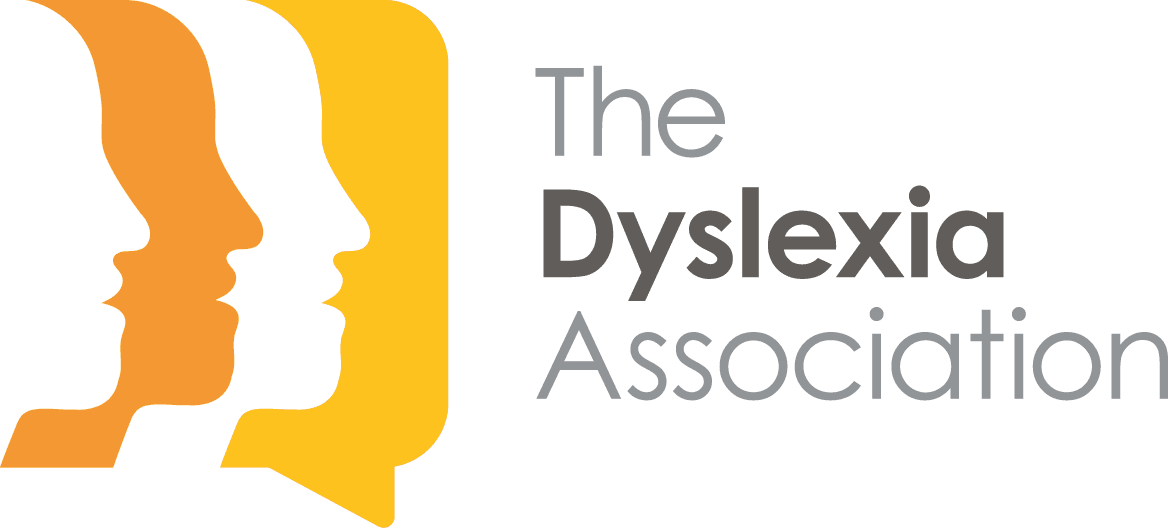Adults with dyslexia are all different
Some dyslexic, and neurodivergent adults can sometimes feel unable to cope with their differences, and changing demands at work or a new venture in life can present tough challenges.
Some adults have known about their neurodivergence for years, whilst others wonder whether they might be neurodivergent, or dyslexic, or are coming to terms with a recent diagnosis.
It is estimated that dyslexia affects as many as 1 in 10 of the population to some degree. One person in 25 is severely dyslexic.
People with dyslexia think and learn differently from others. They sometimes feel as if their mind is ‘differently wired’. This difference should be celebrated and is increasingly being referred to as ‘dyslexic thinking’.
Does this sound like you?
- My boss can’t understand why I don’t write better reports.
- I’m not the quickest reader, but I’m often the quickest thinker.
- I don’t want to go for promotion because I won’t pass the test. But I could do the job.
- I really can’t read much at all. I usually say I forgot my specs.
- As long as I use a spellchecker, I’m fine. Just don’t ask me to write by hand.
- People say I’m careless and forgetful, but I really try and I get furious with myself.
- I haven’t a clue about filling in forms.
Dyslexia is a life-long difference and with the right teaching and support, great things can be achieved.
Many people learn to cope with their differences, and make good use of their areas of strength and to become successful and fulfilled individuals. They develop strategies which compensate for areas of weakness, and use their strengths.
We can help you to succeed & achieve
Dyslexic and neurodivergent adults benefit from understanding individual learning styles and patterns of strengths and weaknesses. Technological aids such as computer packages, digital recorders and smart phones can help by taking the effort involved in reading, writing and routine organisation away, and allows them to concentrate on the parts of their work they do best.

